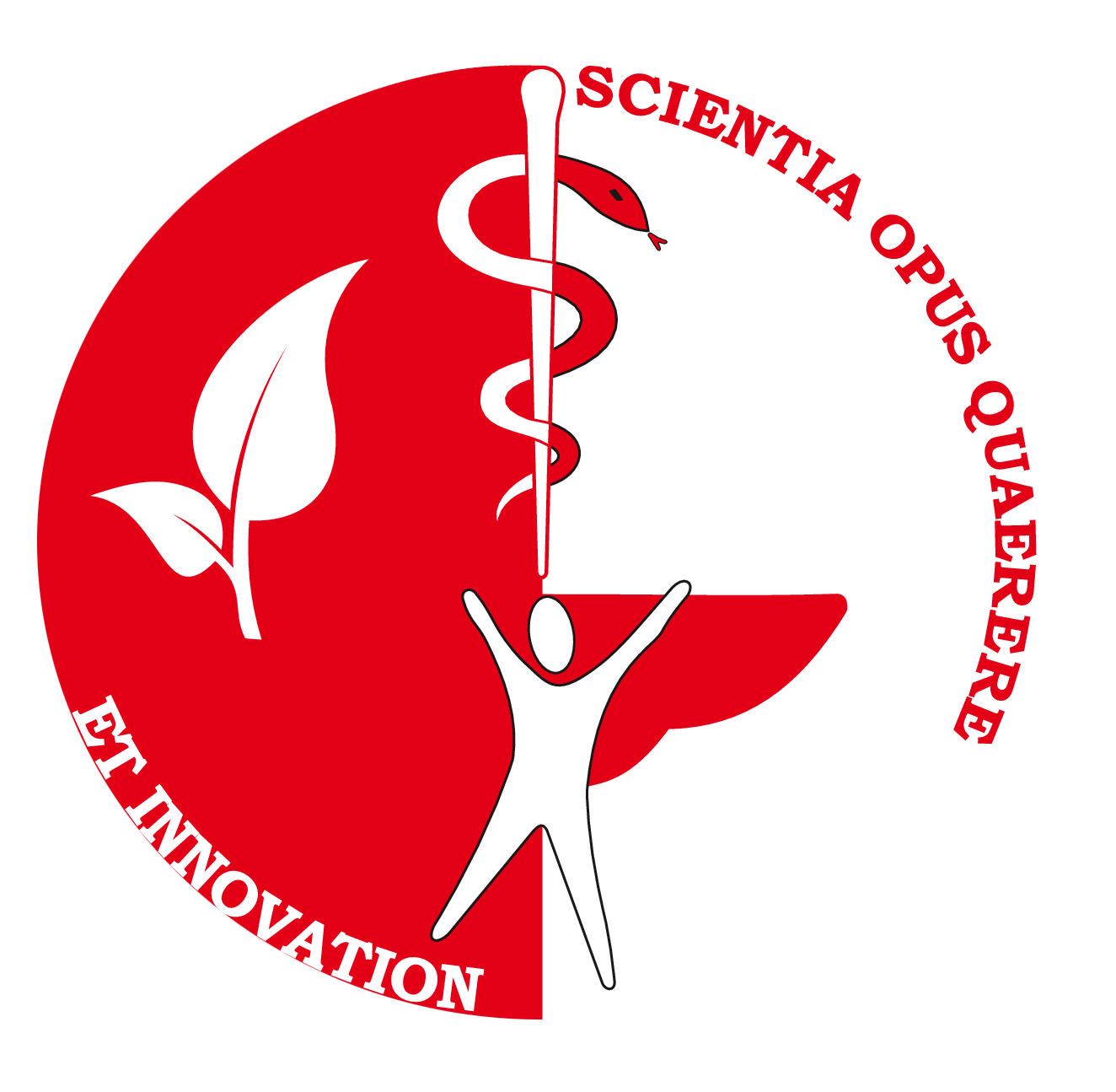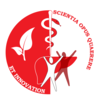1. 24-hour pH-Impedance Testing
Gastroesophageal reflux (GER) happens when your stomach contents come back up into your esophagus. Gastroesophageal reflux disease (GERD) is a more severe and long-lasting condition in which GER causes repeated symptoms or leads to complications over time.
Twenty-four-hour pH-impedance testing can be used to check for GERD, and to determine whether reflux of stomach contents into the esophagus is causing your symptoms such as:
Twenty-four-hour pH-impedance testing can be used to check for GERD, and to determine whether reflux of stomach contents into the esophagus is causing your symptoms such as:
- A burning sensation in your chest (heartburn), usually after eating, which might be worse at night or while lying down.
- Upper abdominal or chest pain.
- Hoarseness or voice changes
- Persistent cough or throat-clearing
- Sensation of a lump in the throat
What is 24-hour pH impedance study?
24-hour pH impedance testing is a procedure that assesses acid and nonacid reflux from your stomach into your esophagus (hollow, muscular tube that transport food and liquid from your throat to your stomach) over the course of a day, and it is used to evaluate whether your symptoms are correlated with the reflux.
A thin, flexible catheter (tube) inserted into your nose, and guided into the lower part of your esophagus. The catheter can pick up changes in acidity along its entire length. The catheter conveys information about your acid reflux activity to a computer about the size of a smartphone that you wear on a belt.
The tube stays in place for 24 hours while you eat, drink, sleep and do your normal activities. The doctor can capture information about acid levels and other activities of your esophagus throughout an entire day.
There are several ways GERD can be treated. Diet and lifestyle changes are often sufficient. However, sometimes medications and even surgery are necessary. It is safer to test patients early, provide the right therapy and avoid unnecessary treatment and side effects. Twenty-four-hour pH impedance testing is a tool that can help your doctor to make a diagnosis and manage your treatment.
How do I prepare for 24-hour pH impedance testing?
You must not take any over-the-counter antacids at least 24 hours before the test.
In some cases, 24-hour pH impedance study is done without holding acid reducing medications. That can provide information about acid reducing therapy, and why, you still have symptoms despite treatment.
Your doctor will discuss your medications with you and let you know whether he or she wants your testing done while taking or while holding acid reducing medications. If your doctor wants the test done while holding those medications, you will need to stop proton pump inhibitors 10 days before (namebrand/generic equivalent: omez/omeprazole, Nexium/esomperazole, nolpaza/pantoprazole, lansazol/lansoprazole, Dexilant/dexlansoprazole, pariet/rabeprazole), and stop histamine type 2 blockers 3 days before the procedure (namebrand/generic equivalent: Tagamet/cimetidine, Pepcid/famotidine).
You will be asked to stop eating and drinking after midnight the night before your test is scheduled. You can take most of your other typical morning medications with small sips of water.
Placement of the catheter takes between 10 and 30 minutes. But if your doctor also ordered an esophageal manometry, your appointment will take longer. It does not require any anesthesia or sedation, so you will be able to do your regular activities right away.
What are the risks of 24-hour pH impedance testing?
Twenty-four-hour pH impedance testing is safe and easy for most people. Some people may not be able to tolerate the test due to a sensitive gag reflex. You may also experience mild irritation at the back of the throat from the catheter.
24-hour pH Impedance Testing: What happens?
- You will not need any anesthesia or sedation, so you will be awake and alert throughout the procedure.
- The doctor sprays some numbing medication into your nose and throat so you are comfortable during insertion of the catheter.
- The doctor puts the end of the testing catheter into your nose. As you swallow with sips of water, he guides the catheter down to the opening of your stomach.
- Once the catheter is in place, the doctor secures the other end to your face with tape, and loops the catheter over your ear.
- You wear a small computer on a belt. The computer is about the size of a smartphone. It picks up information from the acid-sensitive tip of the catheter inside your body.
- You will be asked to keep a diary during the testing, including every time you eat, drink, or take medicines, when you lay down and get up, and each time you have a symptom of interest (like heartburn, regurgitation, cough, sore throat, etc.).
- You should be eating and drinking as you normally would and go about your daily routine in order to get a realistic recording of how much reflux occurs during your usual routine. The catheter should not bother you — you will be able to breathe, eat, drink and talk with it in place.
- The catheter records levels of acid refluxing into your esophagus. It transmits this information to the computer and correlates it to your symptoms.
- The next day, the doctor removes the catheter, downloads the data from the computer and uses it to see changes in acid levels throughout the 24-hour period.
- If the data from the test shows that you have GERD or another problem, your doctor will discuss treatment options with you.
What is esophageal manometry?
When you swallow, your esophagus contracts and pushes food into your stomach. Esophageal manometry measures the contractions. It provides information about the movement of food through the esophagus into the stomach. The test measures how well the muscles at the top and bottom of your esophagus (sphincter muscles) open and close, as well as the pressure, speed and pattern of the wave of esophageal muscle contractions that moves food along.
High Resolution Esophageal Manometry
High resolution esophageal manometry is a version of the test that uses a catheter that has many more sensors than a traditional catheter. The sensors are also closer together. The greater number of sensors means that high resolution esophageal manometry can collect more data and collect it faster than a traditional procedure.
In our clinic, we do use a high resolution esophageal manometry with a catheter that contains 36 sensors providing 432 points of pressure measurement throughout the entire length of the esophagus.
During high resolution esophageal manometry, a thin, flexible tube (catheter) that contains pressure sensors is passed through your nose, down your esophagus and into your stomach. The catheter measures pressure created by the muscles in the esophagus and the valves in the top and bottom portions of the esophagus (sphincter muscles). Esophageal manometry can be helpful in diagnosing certain disorders that can affect your esophagus
Who may need esophageal manometry?
Esophageal manometry is used to check whether the muscles in the esophagus are working properly. When the muscles don’t work as they should, you may experience symptoms such as trouble or pain when swallowing, chest pain and regurgitation (food coming back up after swallowing). Esophageal manometry helps determine what is causing these symptoms, which could be conditions such as:
- Achalasia. This uncommon condition occurs when your lower esophageal sphincter muscle doesn't relax properly to let food enter your stomach. This can cause difficulty swallowing and regurgitation of food back up into your throat.
- Diffuse esophageal spasm. This rare swallowing problem is characterized by multiple, forceful, poorly coordinated muscle contractions of your esophagus.
- Scleroderma (a rare disease that may cause some esophagus muscles to stop moving, leading to severe gastroesophageal reflux).
Esophageal manometry can also be performed in preparation for esophageal surgery or to follow up and assess function after surgery. If your doctor has recommended anti-reflux surgery to treat gastroesophageal reflux disease (GERD), you might need esophageal manometry to make sure you don't have achalasia or scleroderma, which GERD surgery can't help and to rule out any contraindications.
If you have chest pain not related to your heart, esophageal manometry might be recommended if you don't respond to treatment for GERD.
If your main symptom is difficulty swallowing or pain when swallowing, your doctor is likely to order X-rays or upper endoscopy — a procedure by which your doctor can see your upper digestive system with a tiny camera on the end of a tube — before or instead of esophageal manometry. These tests identify or rule out a narrowing, a complete blockage or an area of inflammation in your esophagus.
Esophageal manometry can also be used before an esophageal pH - (impedance) study, which helps diagnose gastroesophageal reflux disease (GERD). Manometry also helps determine where in the esophagus to place the pH probe.
How you prepare
This test is done as an outpatient procedure without sedation. Most people tolerate it well.
You might need to avoid eating and drinking for a time before esophageal manometry. Your doctor will give you specific instructions. Also, tell your doctor about medications you take. You might be asked not to take some medications before the test.
What happens during esophageal manometry?
Esophageal manometry is usually an outpatient procedure, meaning you can go home the same day. The test lasts about 45 minutes.
During an esophageal manometry:
- While you are sitting up, the doctor sprays your throat with a numbing medication or puts numbing gel in your nose or both.
- A catheter is guided through your nose into your throat while you swallow.The catheter is advanced through the esophagus as you continue swallowing, until it reaches the stomach. Your eyes may water and you may gag as the catheter is advanced, but you should not feel pain.
- Once the catheter is in place, you'll be asked to lie on your back on an exam table. You will be able to breathe and talk.
- You then swallow small sips of water at intervals as instructed. As you do, a computer connected to the catheter records the pressure, speed and pattern of your esophageal muscle contractions.
- During the test, you'll be asked to breathe normally and smoothly, and swallow only when you're asked to do so.
- At some point, you may be asked to sit up during parts of the test.
- If you have trouble swallowing foods, you may be asked to eat (swallow) a small bites of bread or cookies.
- The catheter’s pressure sensors measure how your esophagus muscles contract and relax as you swallow. The sensors send information to a computer that records your swallowing patterns.
- When the test is over, the catheter will be removed slowly. You can return to your normal activities immediately after the test.
Risks
Esophageal manometry is generally safe, and complications are rare. You might, however, have some discomfort during the test, including:
- Gagging when the tube passes into your throat
- Watery eyes
- Discomfort in your nose and throat
After the procedure, you may experience:
- Sore throat
- Stuffy nose
- Minor nosebleed
Results
A few days after the procedure, your doctor will contact you to discuss the test and what the results reveal about the muscle function in the esophagus. The test results can be part of a preoperative evaluation or help identify the cause of esophageal symptoms. Plan to discuss the results with your doctor at a follow-up appointment.




